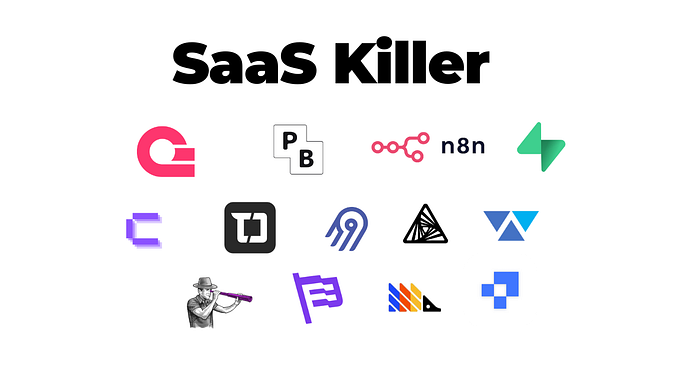Member-only story
When Can You Call Yourself a Senior Developer?
I have met many developers in interviews who think they are senior developers — they are not

Experience is a mandatory requirement for every senior developer job requirement. But experience alone doesn’t make you a senior developer.
So what’s the secret? It’s a complicated question and probably doesn’t have a real answer. Often, developers think of themselves as senior developers but lack some of the attributes.
Recently in an interview, I have met with a 22-year-old developer who claimed to be a senior developer. He was good but I don’t think he had all the attributes of a senior developer.
I wished him luck, but I couldn’t hire him as a senior developer.
But one question hit me. How do you define a senior or junior developer? When does a junior developer become a senior developer?
It’s not as though one morning a developer wakes up and just becomes senior. But everyone needs to know where they are and how they are developing.
There Is No Fine Line Between a Junior and Senior Developer
I’ve asked several developers who have been working in the industry for over 10 years. Many of them gave many answers. Isn’t that normal? Does it really have to be a single answer? I don’t think so.
Honestly, many companies have many definitions of senior programmers when hiring. Some companies think that after five years a developer becomes a senior. Some think it takes eight to ten years.
I believe that time is needed to develop from a junior to a senior. Still, we can’t give an exact time period in which junior developers automatically become senior developers.
After talking with some developers who have ten years or more experience, and googling for an hour, I have some common answers. Let’s talk about them.
What Are the Attributes? The Differences Between Junior and Senior Developers
Most senior developers have some attributes in common — but don’t take them too seriously. It’s not like if you miss one of…








